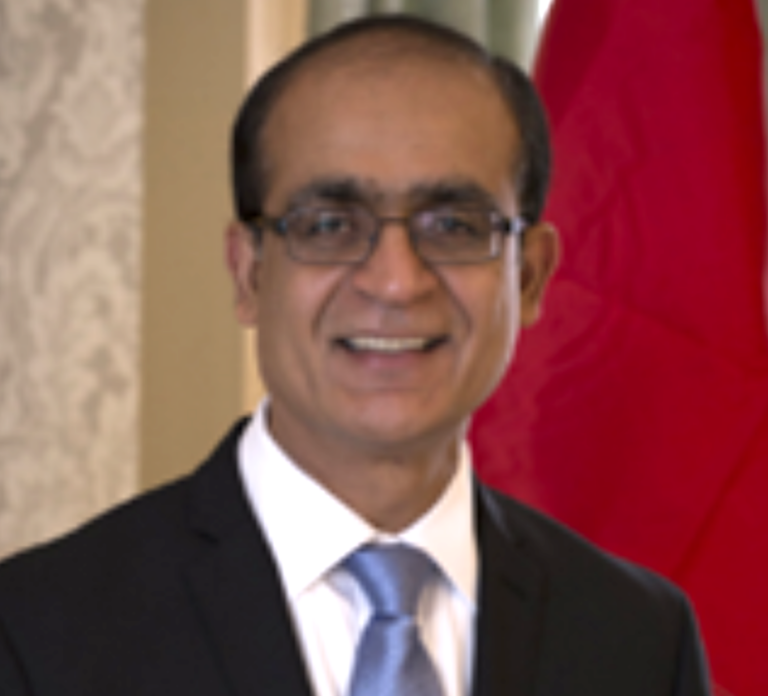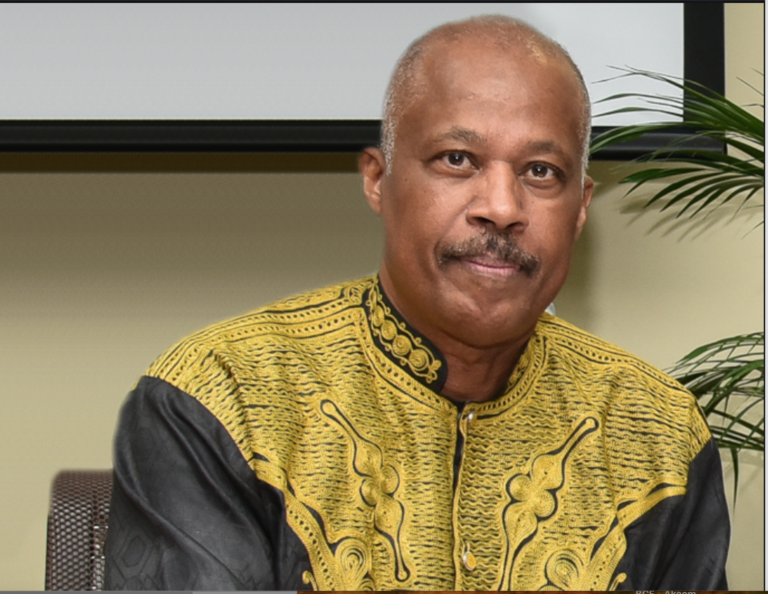![]()
SOURCE: CMC- The Barbados government Wednesday insisting that “no taxpayers resources were expended” defended its decision to being part of an initiative involving at least two other Caribbean Community (CARICOM) countries seeking to acquire vaccines to curb the spread of the coronavirus (COVID-19) pandemic in their respective countries.
Acting Prime Minister Santia Bradshaw in an address to the nation confirmed that the “regional company” at the centre of the initiative, “now finds itself having to pursue legal action in the United States for the non-delivery of COVID-19 vaccine which it would have paid for and subsequently tried to procure for Barbados from a legitimate manufacturer”.
“This my friends is a classic and yet very an unfortunate example of the very deleterious environment which currently exists across the world as small and vulnerable countries try to gain access to life-saving medication,” she said.
She reminded that in February this year, Barbados along with many other developing countries were being severely impacted by the coronavirus and were seeking to acquire vaccines to help deal with the situation.
“Several offers would have been made to the government of Barbados, by private entities, private companies, private individuals as well to assist in whatever way they could to source vaccines for Barbadians.
“The fact of the matter is at that time…we were in a position where the rest of the world and Barbados were trying frantically to get these much-needed vaccines into the population across the world and I think it is fair to say…your government did not sit on its laurels and wait for vaccines to come, but rather what we had to do is to reach out to not only these individuals and have them reach out to us, but we also had to take the opportunity to be aggressive in how we went after these vaccines.”
Bradshaw said that while much had been said over the past few days “middle men or what we call or what we would call the intervening companies that work on behalf of governments cannot actually purchase the vaccine nor do they personally receive the vaccine themselves”.
She said that there are several rules governing the purchase of vaccines from the international manufacturers and that this can only be done if the recipient government with whom the discussions are taking place approve of such purchases and that arrangements are also put in place “for the vaccines to be delivered directly to the relevant authorities in the country under the auspices of the Ministry of Health.
‘In other words, vaccines do not go directly to any private party, they came directly from the manufacturers to the Ministry of Health and Wellness,” she said, adding that following due diligence Barbados “agreed to and approved this exclusively private sector-led and funded initiative to source the doses of the vaccines for the citizens of Barbados.
“Yes, we agreed to facilitate one million vaccines because, for those who understand the process you would realise that it is not something you could just say we want 50, I want 100 or 2,000. The way the market is working is that you have at least to purchase a minimum of a million vaccines.
And so it was our understanding that other countries in the region were also grappling with how they get vaccines as well, we would have helped to facilitate other countries also being able to get some of the vaccines from the million that was being ordered by the local supplier”.
Bradshaw said Barbados’ quota was 300,000 and that the supplier was in discussions with other countries regarding the remaining 700,000 doses.
She insisted that at the time the deal was being brokered, Barbados and other countries were facing difficulties in acquiring the vaccines “and therefore having someone who could actually purchase these vaccines, in particular in these large quantities, with a view that we would enter into relationships across the region…was an attempt to get vaccines into the arms of as many people as possible”.
She said “unfortunately” having entered into a good-faith deal with an extra-regional entity, the regional company, Radical Investments Limited “has apparently been unable to get the said supplier to hold up his end of the arrangements and deliver the vaccines as promised”.
She said that while this is a private matter because the individual company is pursuing legal action against the company they had been attempting to source the vaccines, she wanted to make it “abundantly clear that no taxpayers resources have actually been expended and directly given to the company for the particular sourcing of these vaccines.
“This is however a most unfortunate situation and one that highlights the wild, wild, west environment which the prime minister has spoken about on many occasions that currently obtains on the COVID market.
“Radical Investments did not receive a single cent from us and therefore not expecting a refund from the Barbados government. The clear understanding at all times is that once the items were sources and they arrived in Barbados that the appropriate payments would be made to the company,” the acting Prime Minister said.
Bradshaw said she was reiterating calls made by Barbados for the international community, in particular, countries where the vaccines are being manufactured “to work with small countries in order to open up the market for fair and transparent trading” as it relates to acquiring the COVID vaccines.
“Sadly this call has fallen on deaf ears and as we have seen in recent weeks, much to the detriment of the region,” she added.
Meanwhile, former St. Lucia prime minister, Allen Chastanet has confirmed that his administration had hired Radical Investments, operated by a prominent local developer Mark Maloney, to procure the AstraZeneca vaccine as part of the regional bulk-purchasing arrangement between the Barbados, St Lucia and Bahamas governments.
The arrangement is now the subject of a suit filed recently in the United States District Court for the Southern District of Florida by Radical Investments against Good Vibrations Entertainment LLC, the purported supplier of the vaccines and a number of other businesses and individuals involved in the attempt to purchase the vaccines.
Chastanet, whose government lost the July 26 general elections, told the Barbados-based online publication, Barbados TODAY that his administration had agreed to be part of the initiative because Radical Investments was a reputable business.
“We worked through Radical. It was on the basis of the reputation of Radical and the fact that three countries were involved, Barbados, The Bahamas and St Lucia,” Chastanet said from Canada.
“It was very difficult. They had many different people approaching us and due diligence was done. None of us could do it. Similar deals were being put together with the African groups. So many different groups that had come together. It took us a long time before we settled on a person. So getting a company involved with reputable people, that was a key factor and the fact that other countries in the region were also involved,” Chastanet told Barbados TODAY.
He said that up to the time of leaving office, the delivery of the vaccines was still pending, saying “I know we waited a very long time. Every week was another situation, and we just kept holding. Sadly in our case, we actually paid some money”.
In a letter dated April 20, 2021 and signed by the Director of Finance in St Lucia, the government approved EC$7.3 million (One EC dollar=US$0.37 cents) as its contribution to buy 100,000 doses of the vaccine.
In its claim in the US court, Radical Investments Limited said it had been deceived and lured into an elaborate scam to advance the sum of US$10.2 million for one million non-existent doses of the AstraZeneca vaccine.
The claim alleges that on or around late March or early April, 2021, Maloney, the principal of Radical Investments, was introduced by a Trinidadian national who resides in the United States and works in the PPE sector to the principal of Good Vibrations.
The post Government defends involvement in regional initiative to acquire COVID vaccines appeared first on Barbados Today.
















